Frank Schloder, Acting President, BMW India, accepts the award for the 750Li.
BMW 750Li How is the new 7 Series doing in the market – and how enamoured are customers by the gesture control? We launch a new version of our

BMW 750Li
How is the new 7 Series doing in the market – and how enamoured are customers by the gesture control?
We launch a new version of our flagship car every 7 years, and the flagship is the one that we put even more love and passion into because that’s where you take the barrier of technology to the next level. And this is the product that has all the features that will slowly percolate down the product range in the near future. So, it’s always a big effort. And, of course, when you bring new technologies into production for the first time, it’s always a big stretch for the engineering and production team. And the 7 Series is packed with the latest technology, from the carbon core construction to gesture control, and many more features, so I think it’s the most innovative car in its segment. And it’s been doing very well in India. We have quite a bit of demand for it right now, so we’re really happy with the market response.
Do any of your 7 Series customers actually drive themselves, because it’s such a great car to drive?
The 7 Series has a unique advantage in its segment in that it’s made for both purposes, so it’s also made to be self-driven – like a proper BMW! It feels like a much lighter, sportier car. It can be quite agile and responsive given its size. And that’s very important, as that’s the DNA of our brand. But, at the same time, it offers comfort that’s on par with our competitors – so you have the best of both worlds. Many of our customers have chauffeurs, but they also enjoy driving themselves.

Driving dynamics play such an important role in the sales of your cars globally, how much of a role does it play in a market like India?
One always has to look at what the DNA of your brand is, and we’ve always been the brand of sheer driving pleasure and the joy of driving. That’s true across the world, and also in India. Even if people don’t drive as much as they do in other countries, they want to have a car that fits into the lifestyle of sporty driving – and it’s an expression of a lifestyle when you buy a product like this. We’ve done a lot of market research on this, and it’s very relevant even for India.
2016 has been a challenging year for you with the diesel ban affecting sales, how do you see the market progressing in the short term?
The luxury market is relatively small in India, it’s only 1% of the total passenger vehicles market – and it hasn’t been growing that much in the last three years. And this year was a difficult year with the diesel ban, tax hike, and so on, but BMW is doing very well. While most of our competitors are not growing, or even losing sales volume, we’re clocking growth rates of over 20% this year. We’ve introduced the brand new X1 and the 7 Series and a lot of other products, and we’re growing in every segment that we’re in right now. So, we’re very happy with our own performance, but we’re not very happy with how the market is looking and we’re hoping that, with a positive GST regime, we’ll have a favourable environment to be able to grow our business, further invest in the country and increase our footprint.
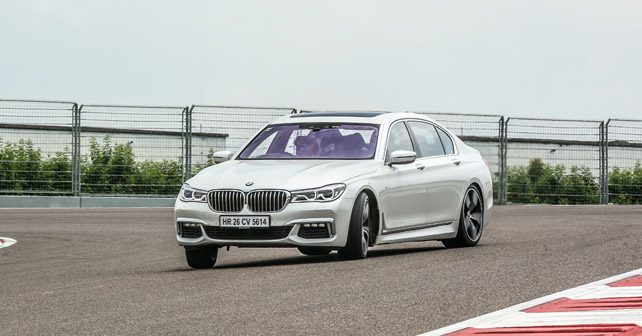
How do you see GST playing out?
It’s a historical tax reform. I mean it’s going to affect more than 1.2 billion people, so it’s huge and it really is a Titanic task that’s being achieved. We would have hoped that it would be more favourable, but at the moment the rates that are being discussed won’t bring that many benefits towards our business. Luxury cars today are already taxed very high in India, and that’s one of the reasons why the luxury car market is still very small. We hope that, in the next couple of years, little-by-little, the taxes will go down so we can develop our business. Again, you have to see that we’re producing in India – we’re bringing technology to the country, we’re developing skills, we’re creating jobs, we’re an integral part of the Make-in-India campaign, and we’re contributing to the economy. We’re part of an ecosystem, as other manufacturers are also benefitting from the technologies that we’re developing, so I think it’s time for the government to relax the taxation and let the customer choose the kind of car he or she buys – rather than have that choice tampered with by taxation.
With competition in the luxury sector getting increasingly aggressive, what’s your strategy to remain successful and how important is it to be number one in the luxury car space in India?
Success, for me, is measured in customer satisfaction, brand strength and also profit – and not in who’s number one, number two or number three. That is, of course, also an indicator – but that’s quite easy to steer. Most important is to have a business that is sustainable. A couple of years ago we had to make some adjustments in India, because the way the business was going was not very profitable and not sustainable for us. So we had to actively step in, and after three years, we’ve made a lot of changes to ensure that the business is on a stable footing – and now we’re really in a very strong position to develop our business in the future. Like I said before, we’re clocking growth rates of over 20%, while most of our competitors are not growing – so it shows that we did the right thing to fix the problem at the right time, before it became too big and out of our control.


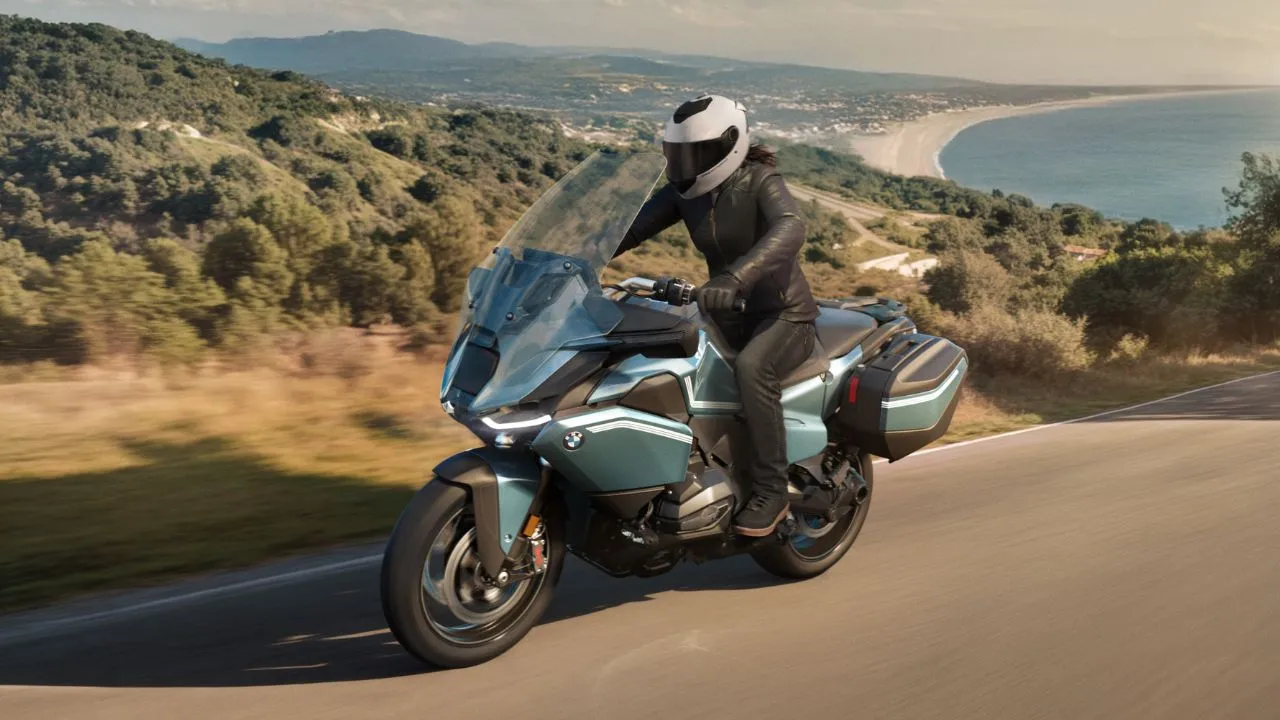
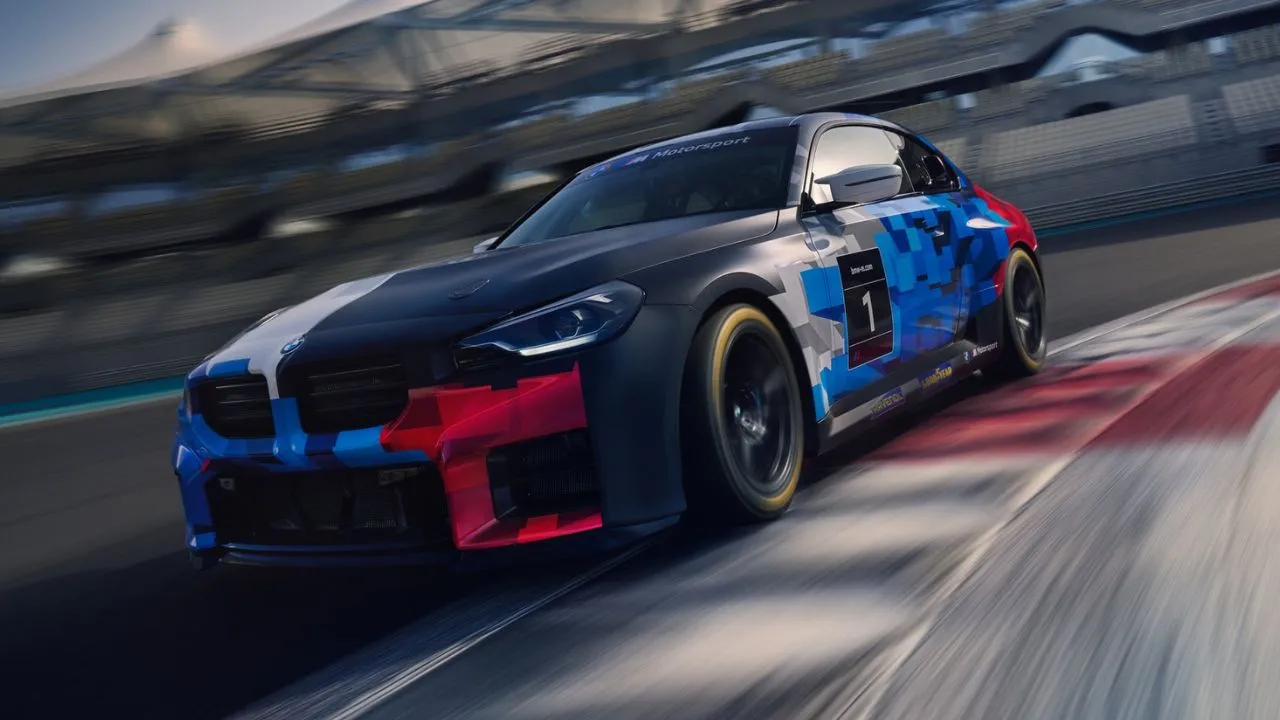
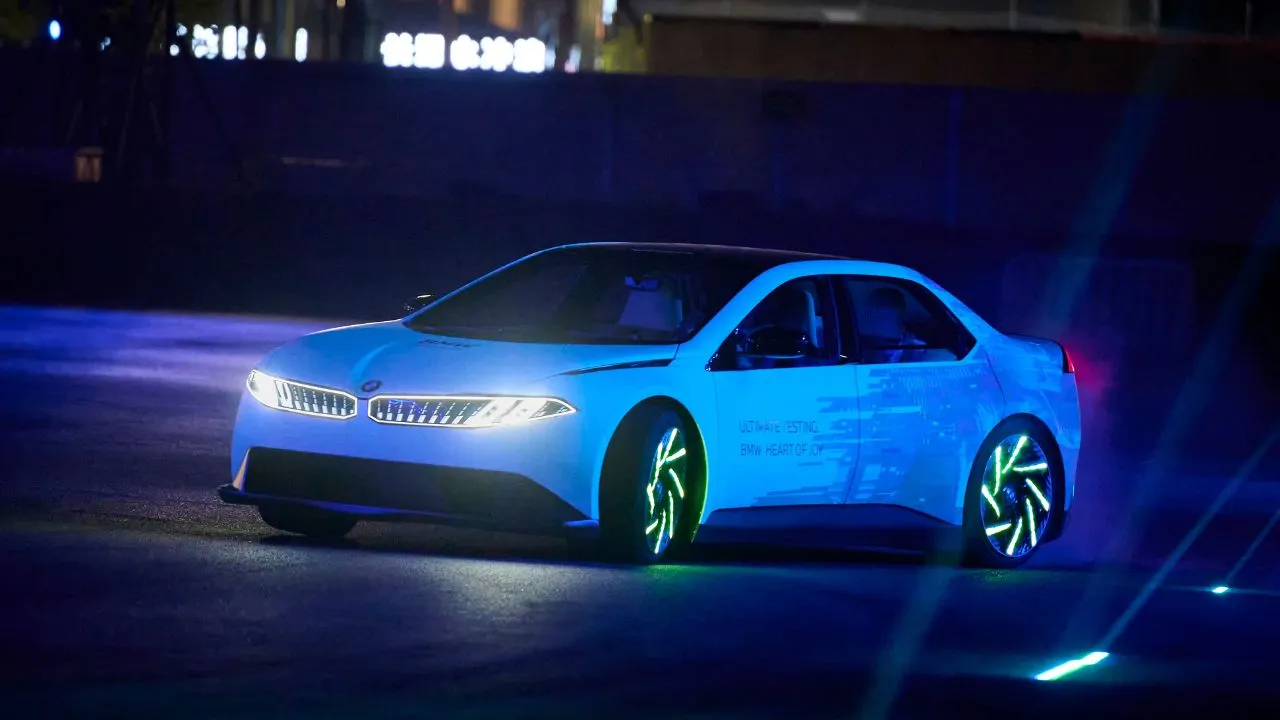
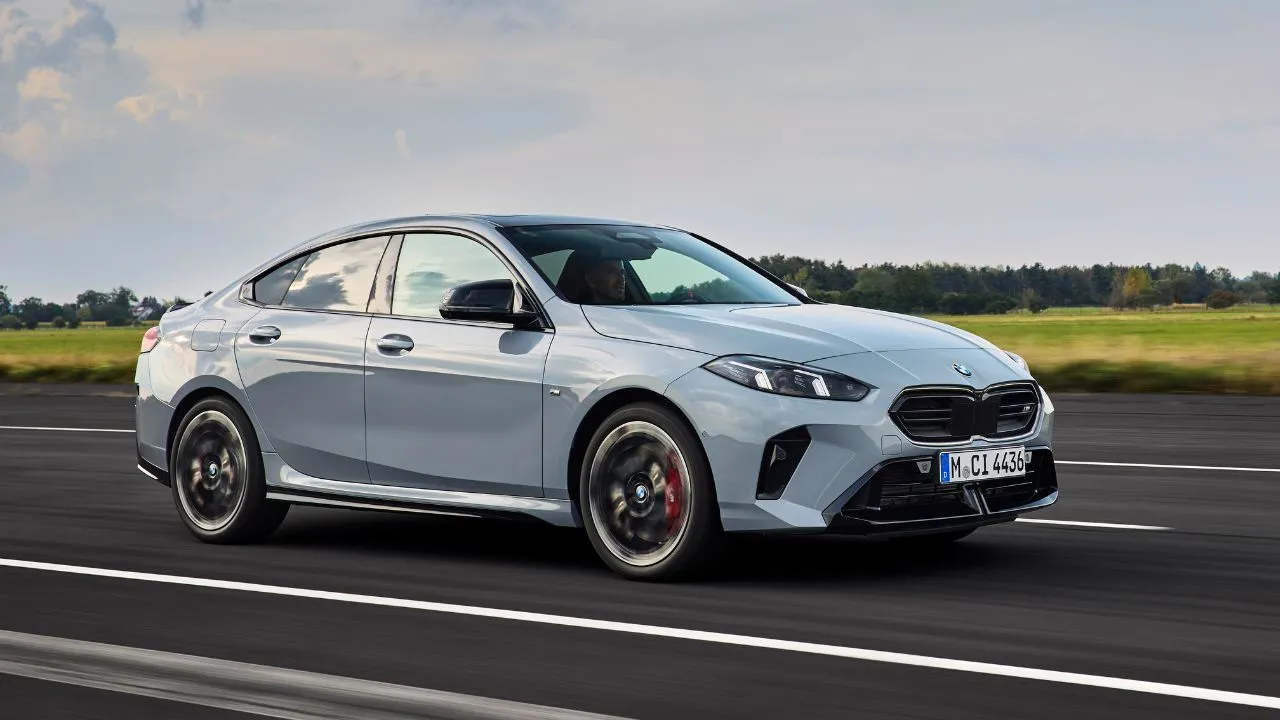

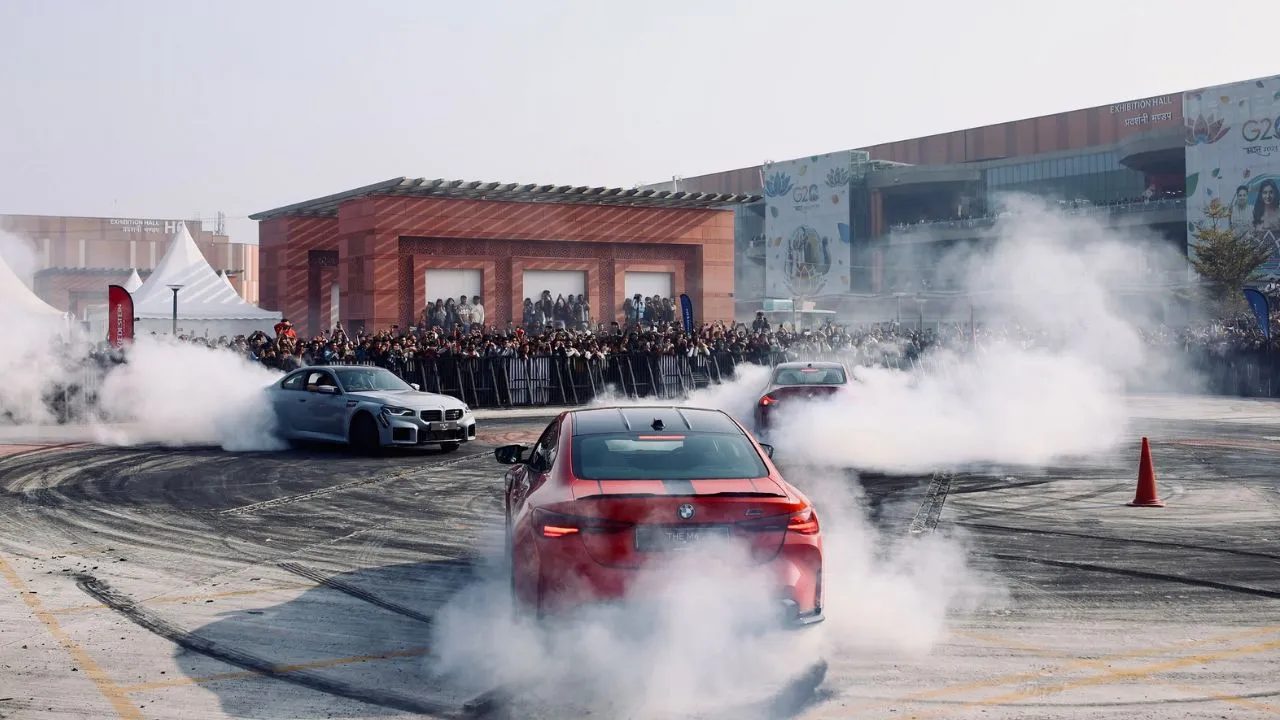
Write your Comment on